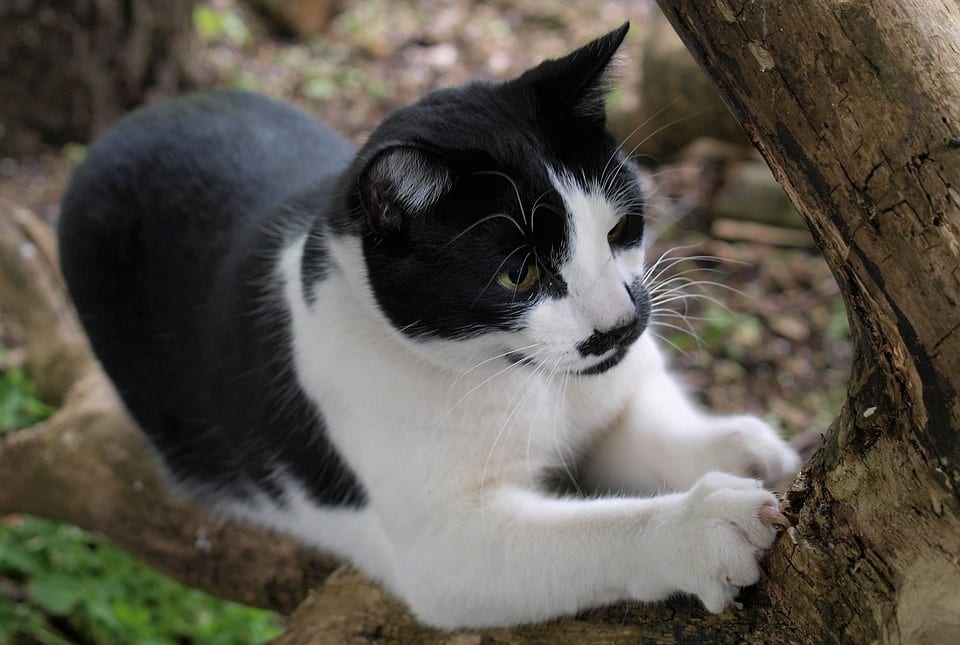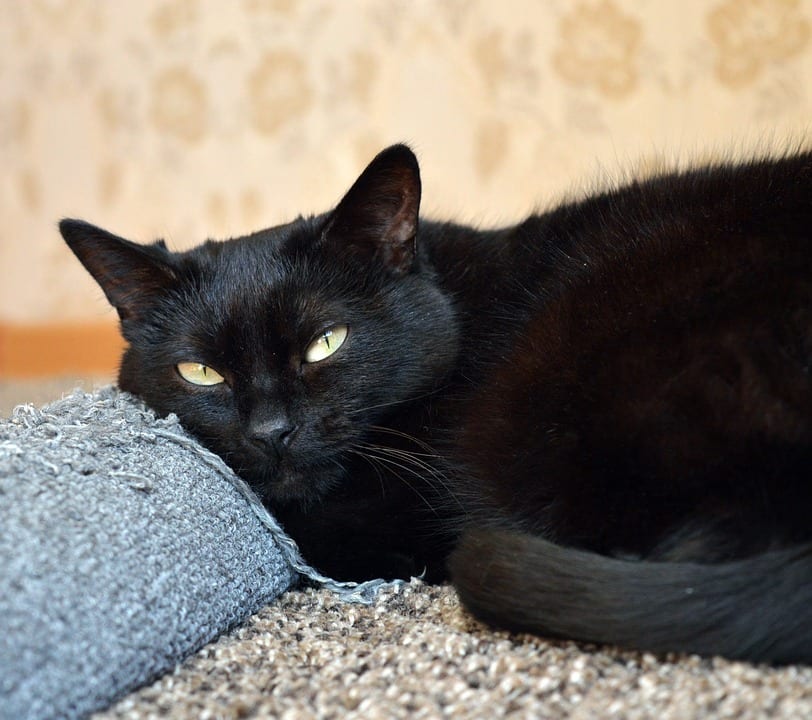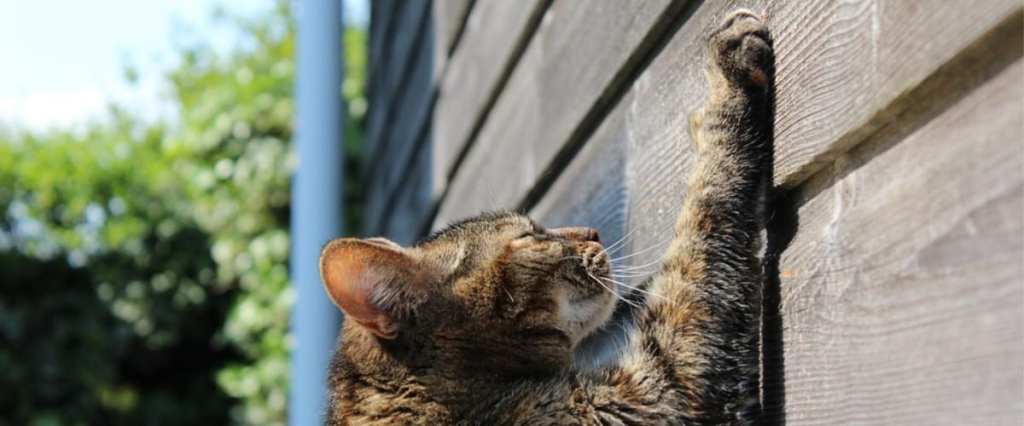When a 14-year-old boy who was previously described as “socially, athletically, and academically active” suddenly began to experience intense psychotic thoughts, doctors and psychiatrists didn’t know what to think.
Their recent case report, published in the Journal of Central Nervous System Disease, blames a cat scratch.

Image Credit: Pixabay
The boy, who had never reported any mental health problems, began to have very worrying thoughts. He believed he was an “evil, damned son of the devil” and felt both suicidal and murderous. He feared he might harm his family and friends. Phobias emerged, including the belief that his family pet cat wanted to kill him.
Doctors admitted the boy for emergency psychiatric hospitalization and put him on a prescription of antipsychotic drugs, but he continued to struggles symptoms for over a year. The case found its break when someone noticed “stretch mark-like” lesions along his thighs and armpit.
The new avenue led to the discovery of an infection and, eventually, the presence of the bacteria Bartonella henselae, associated with an infection often contracted from a bite or scratch from a cat, in his blood.

Image Credit: Pixabay
The family had two cats, both adopted.
The teenager amazingly recovered his mental health after rounds of antibiotics, and the case leaves many unanswered questions about what role bacteria and parasites could play in the onset of some mental illness.
Previous research suggests that Toxoplasma gondii, another parasite commonly carried by cats could be associated with the development of mental health problems.

Image Credit: Pixabay
Lead author Ed Breitschwerdt, Professor of Internal Medicine at North Carolina State University, hopes this case can contribute to a growing pool of evidence.
“Beyond this one case, there’s a lot of movement in trying to understand the potential role of viral and bacterial infections in these medically complex diseases. This case gives us proof that there can be a connection, and offers an opportunity for future investigations.”
In the meantime, maybe rethink getting another cat. Turns out maybe they really are out to kill us.






